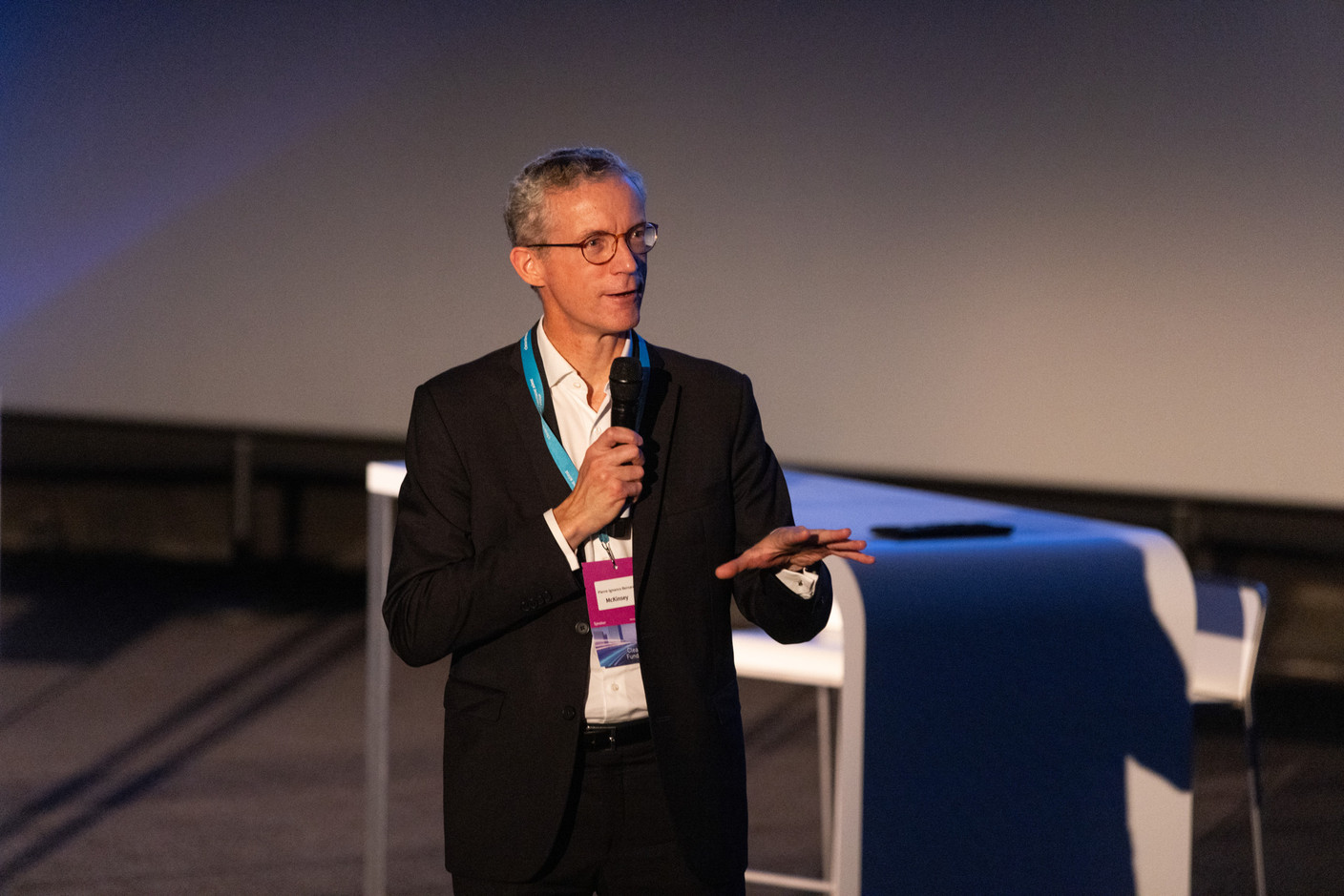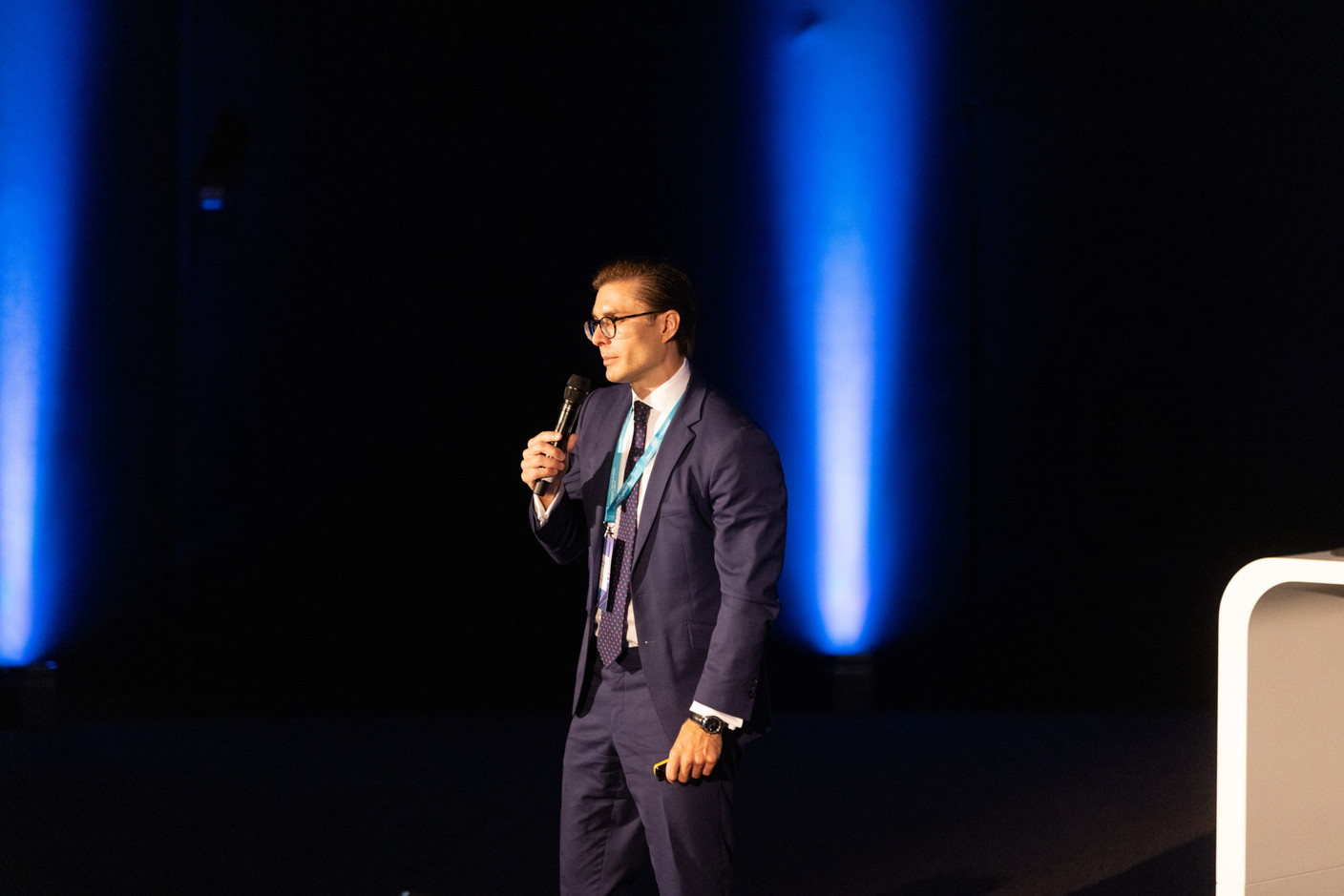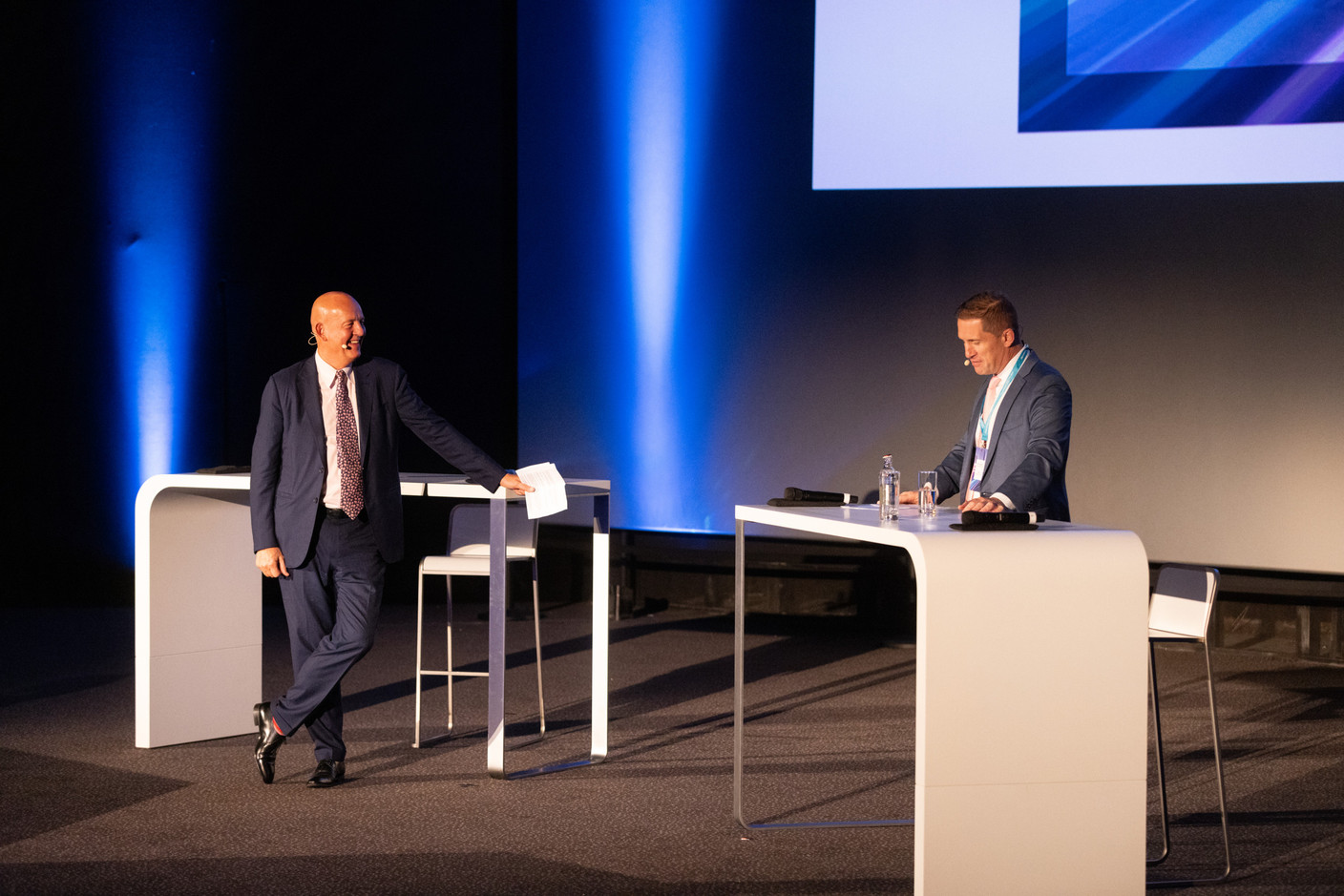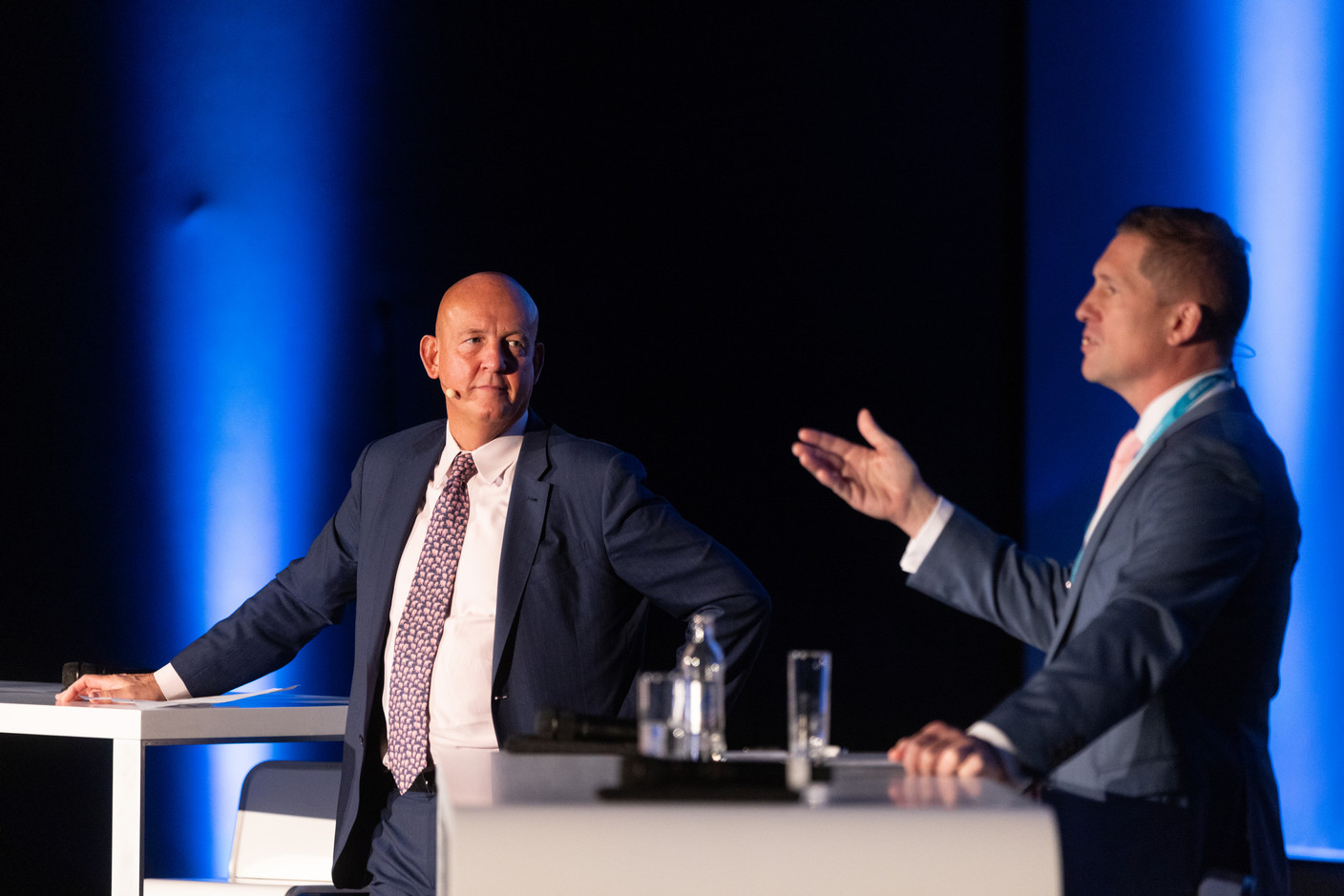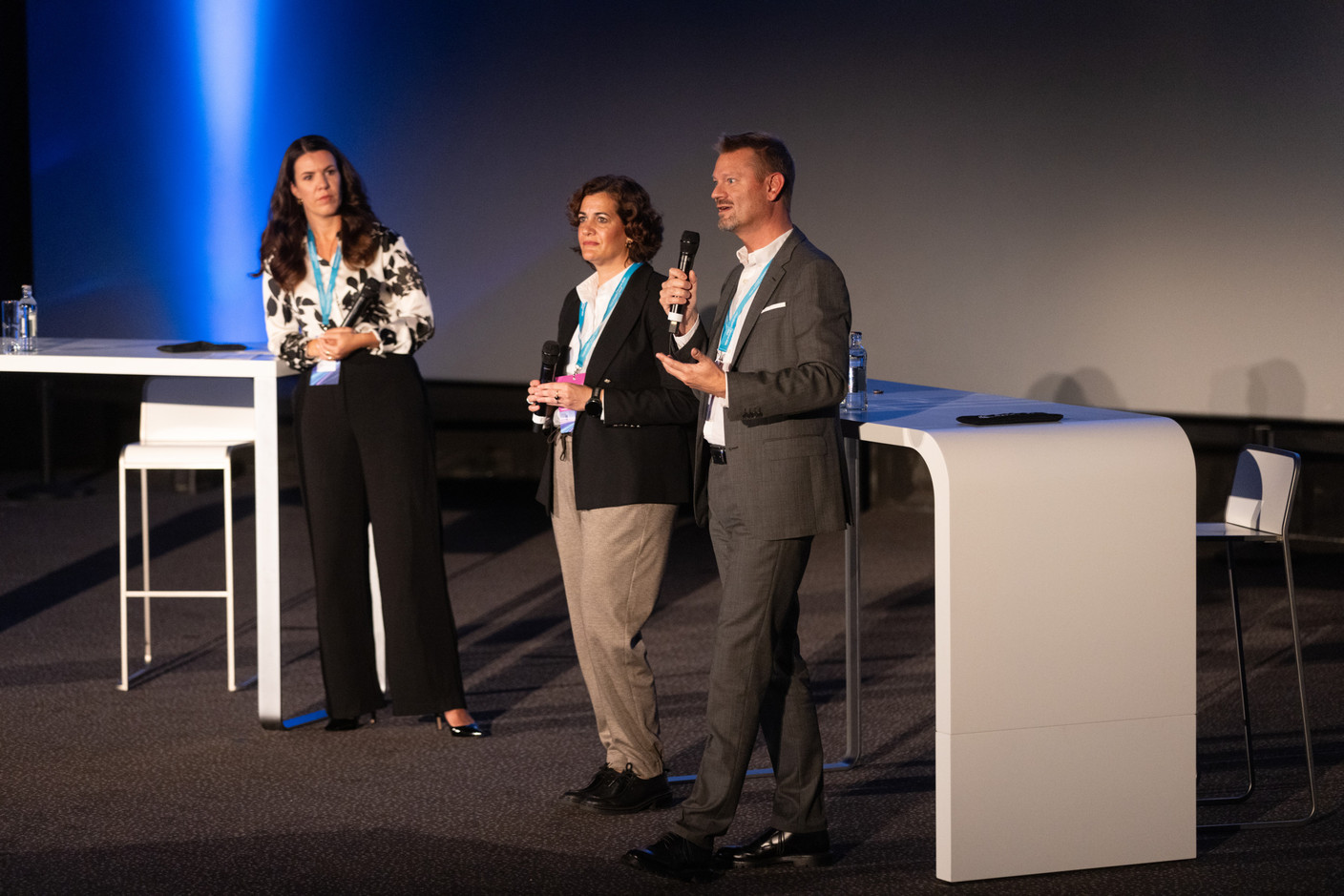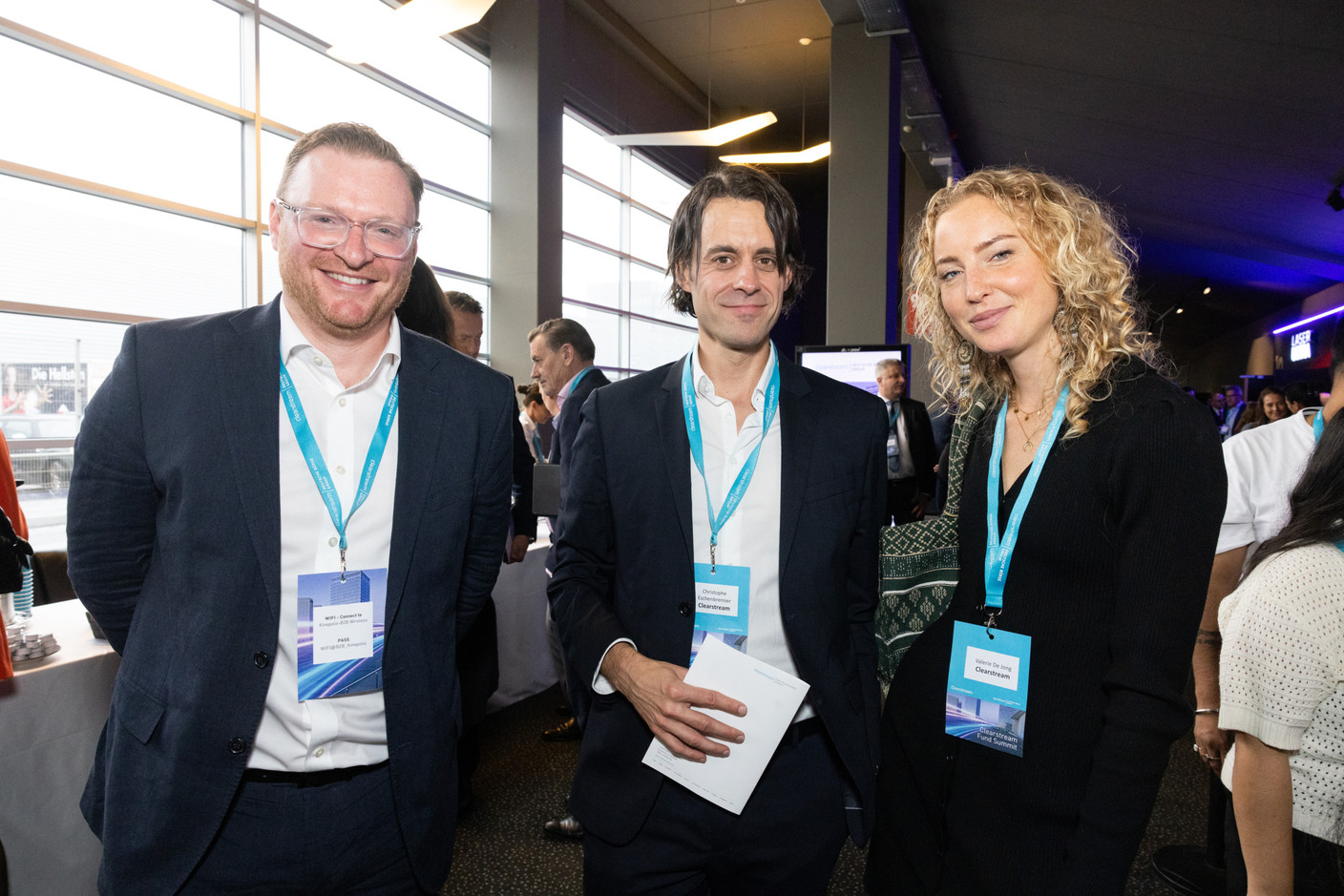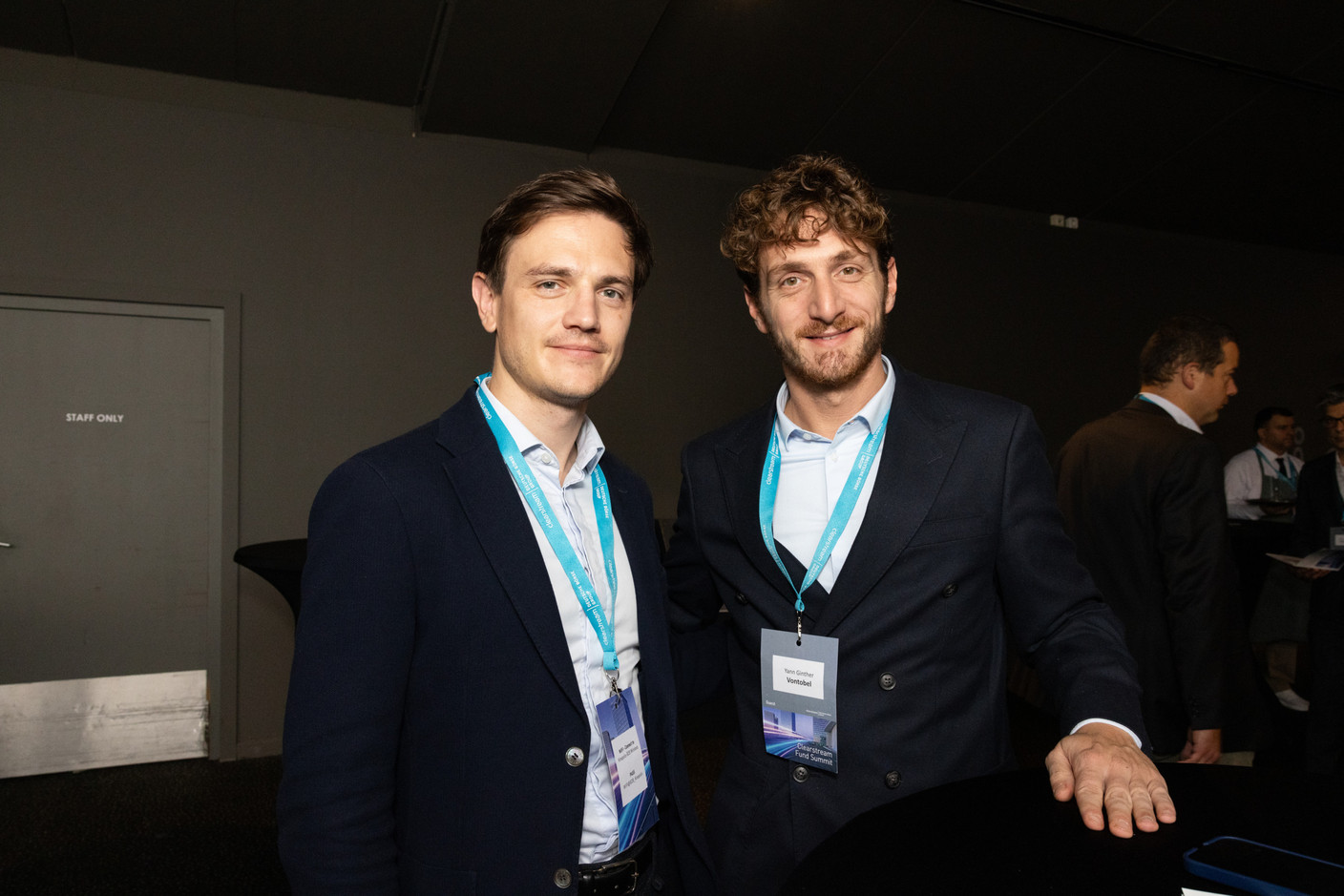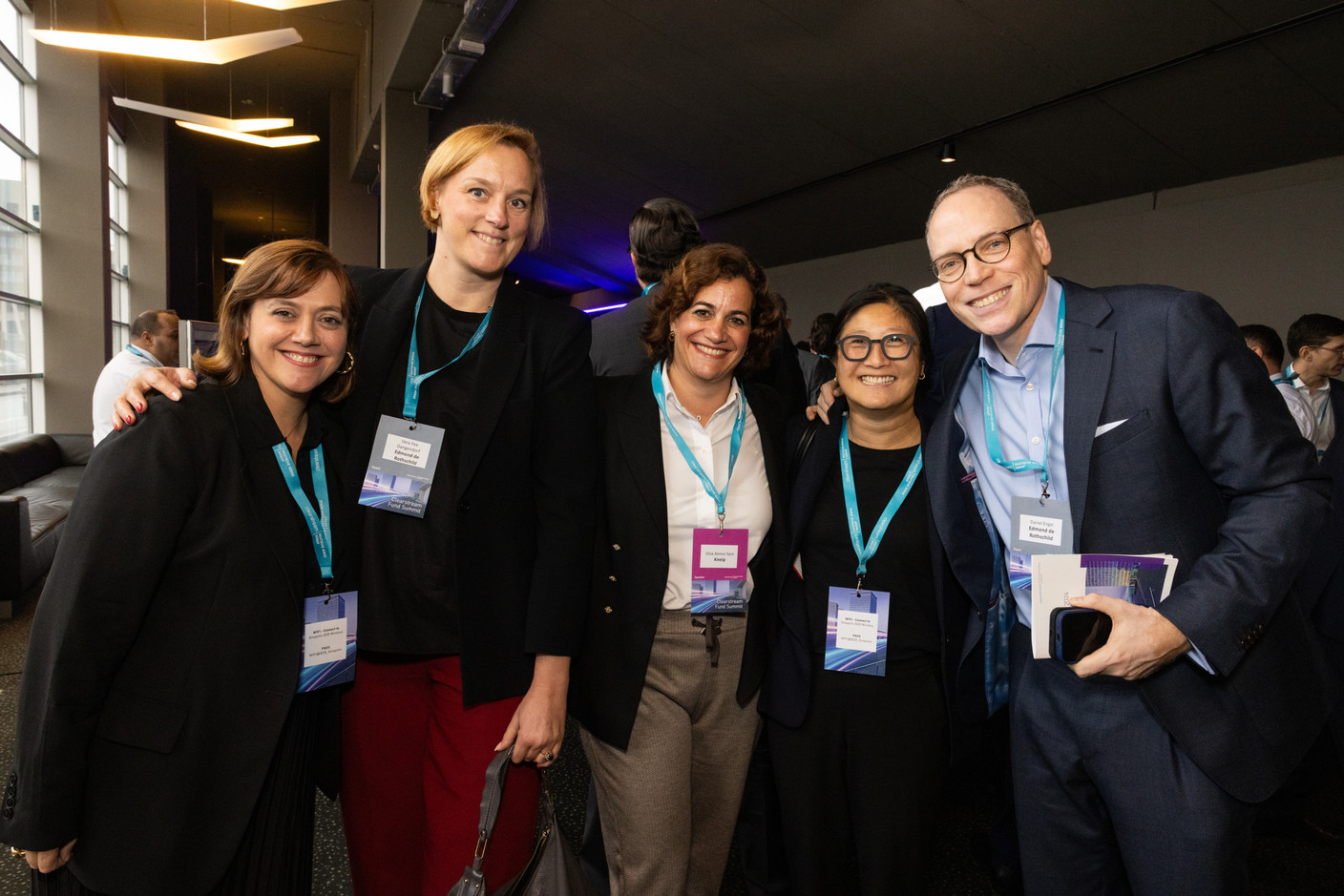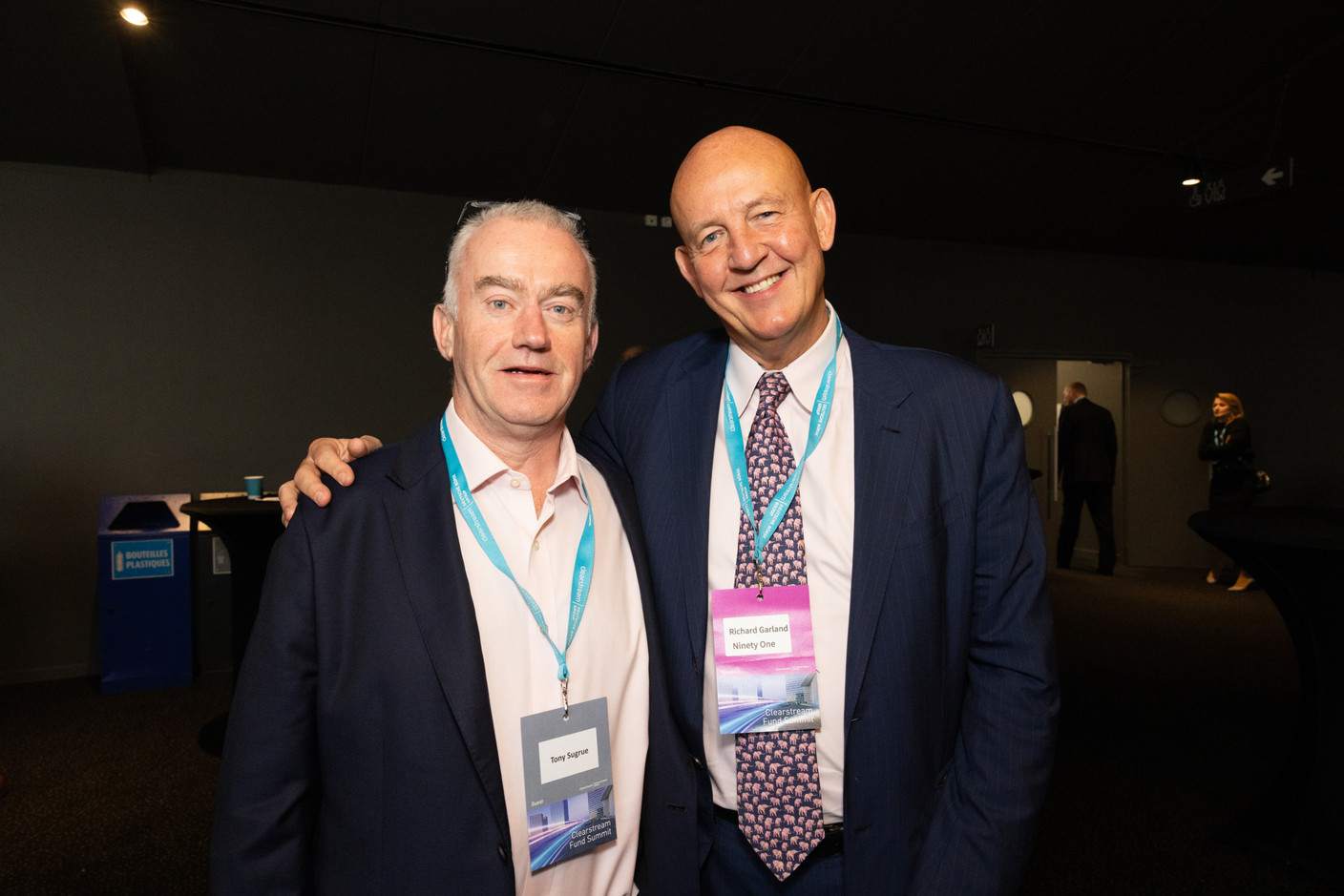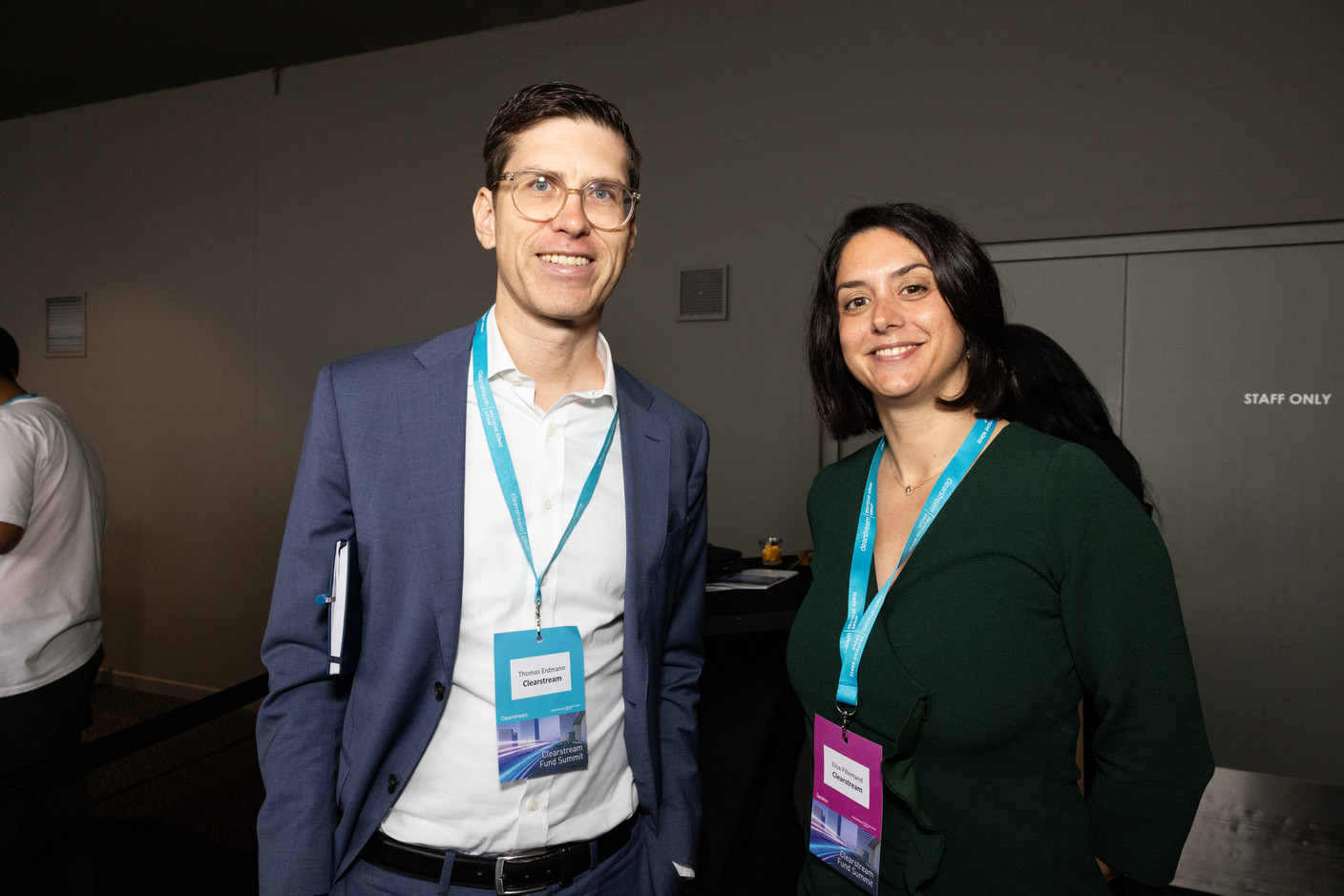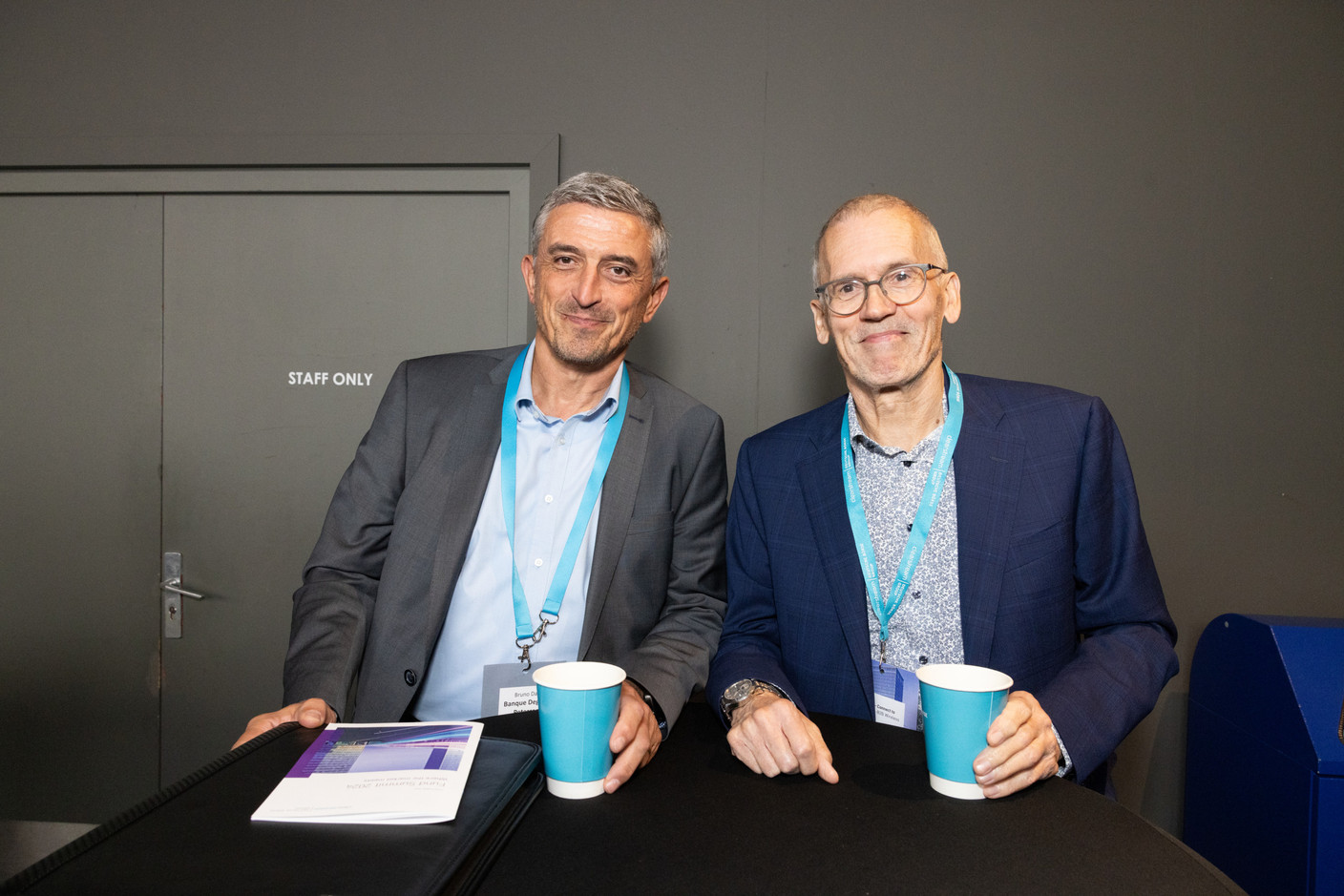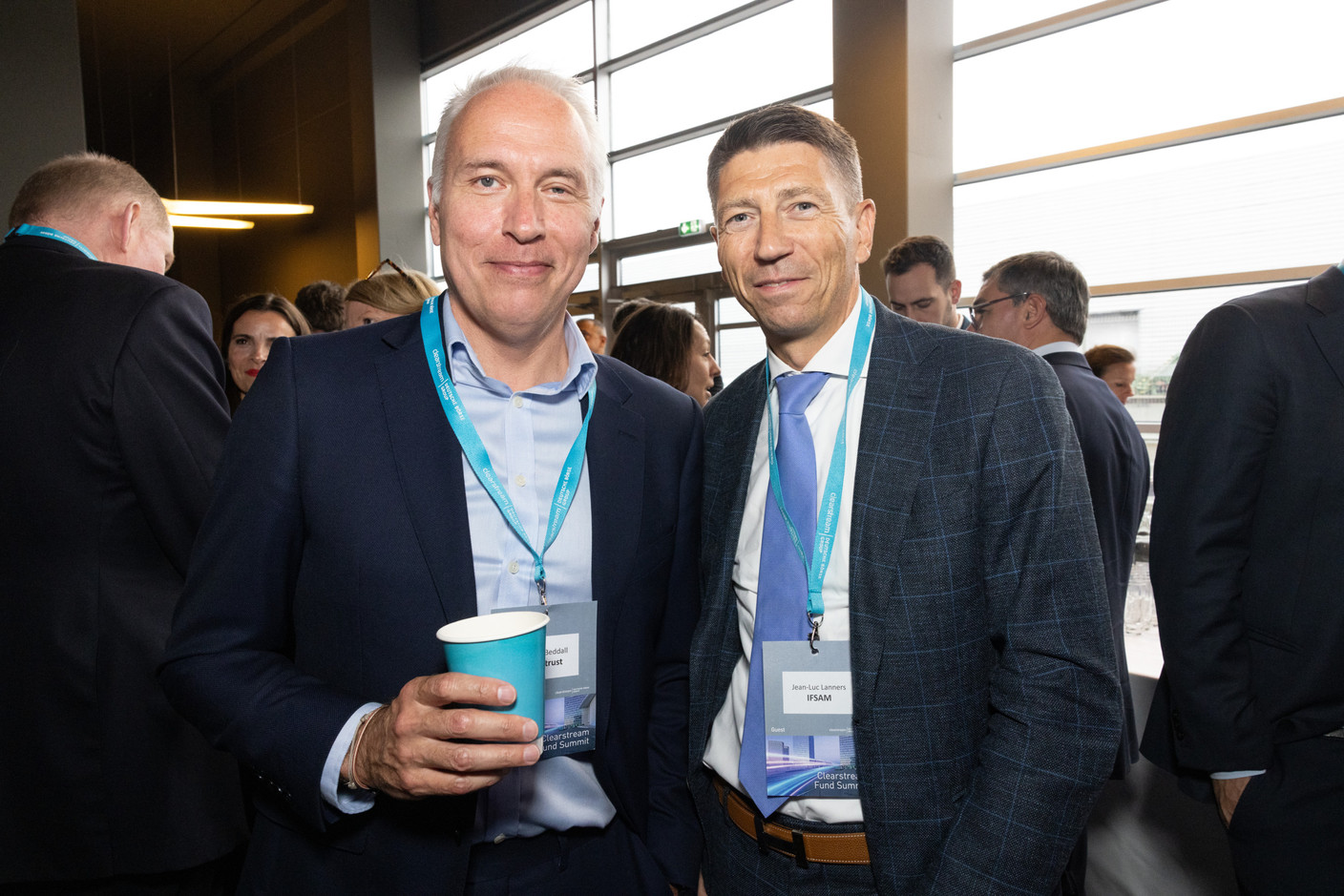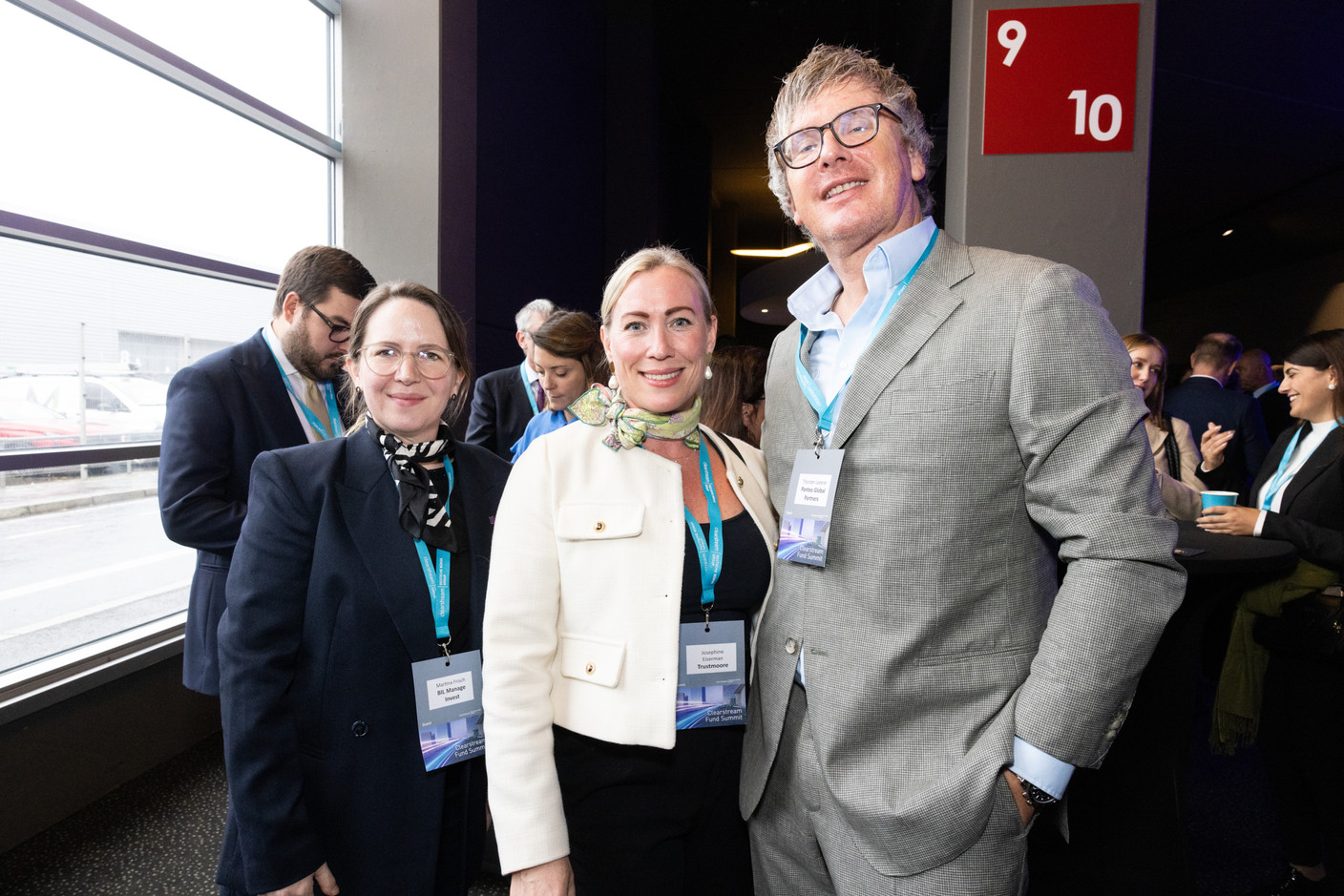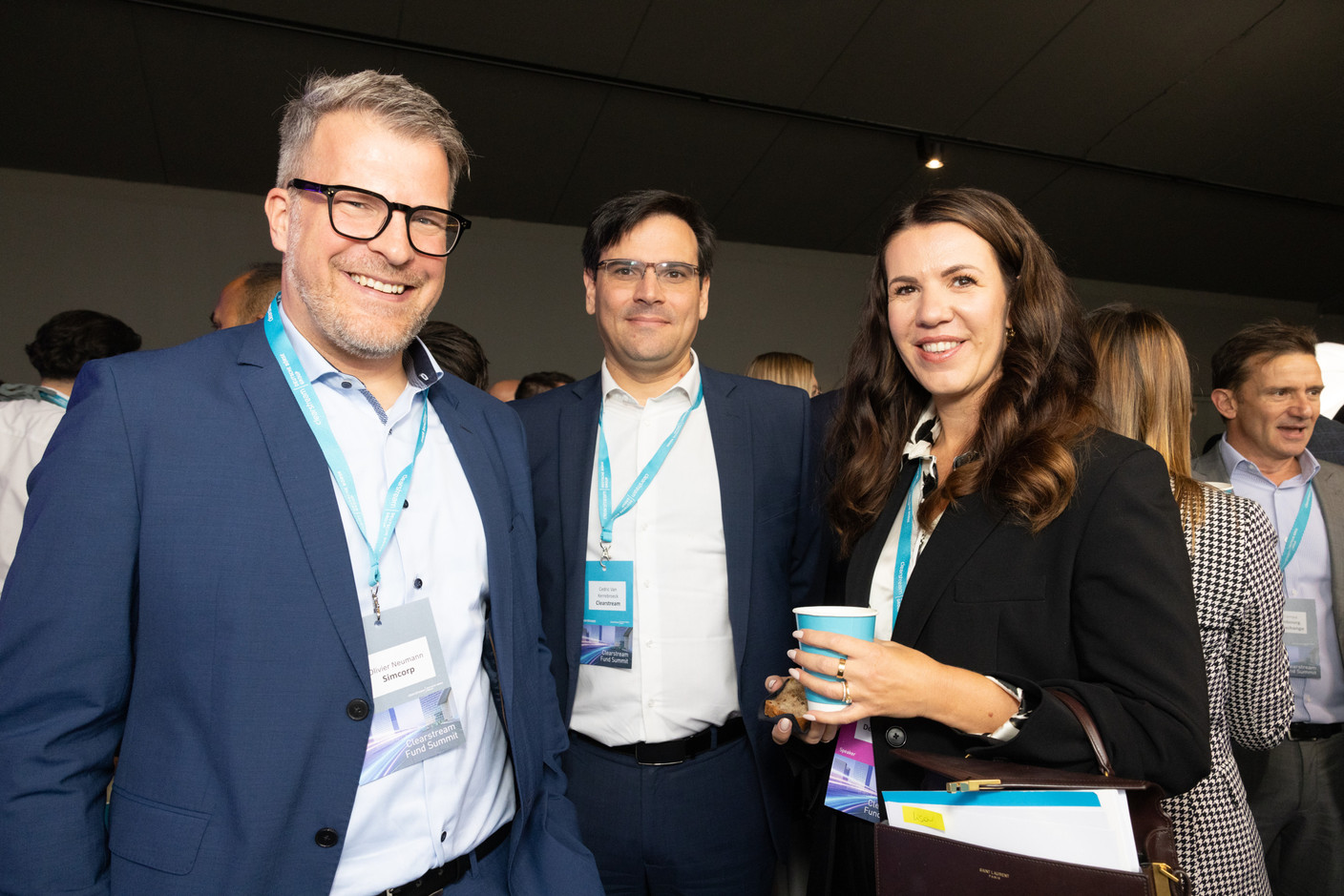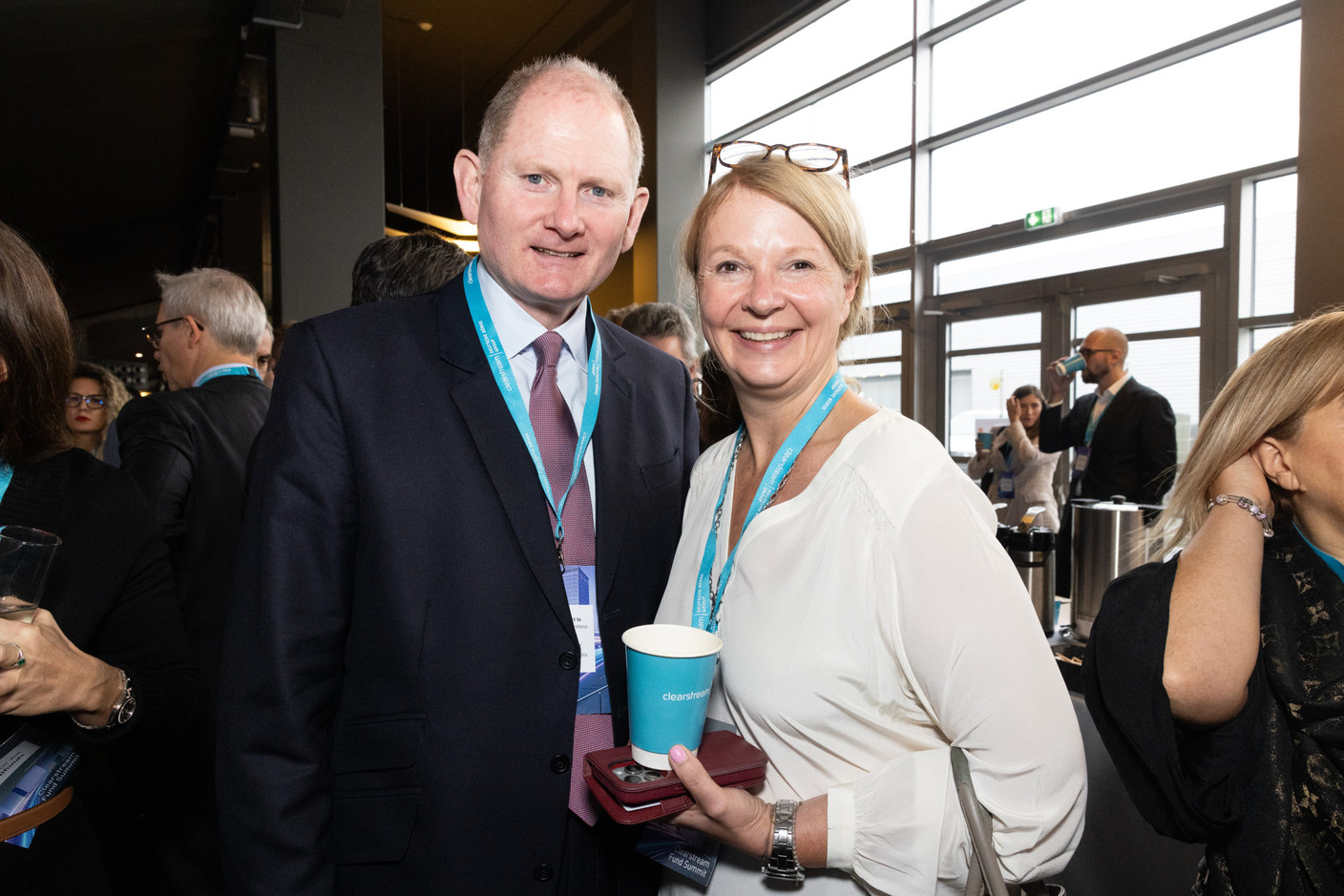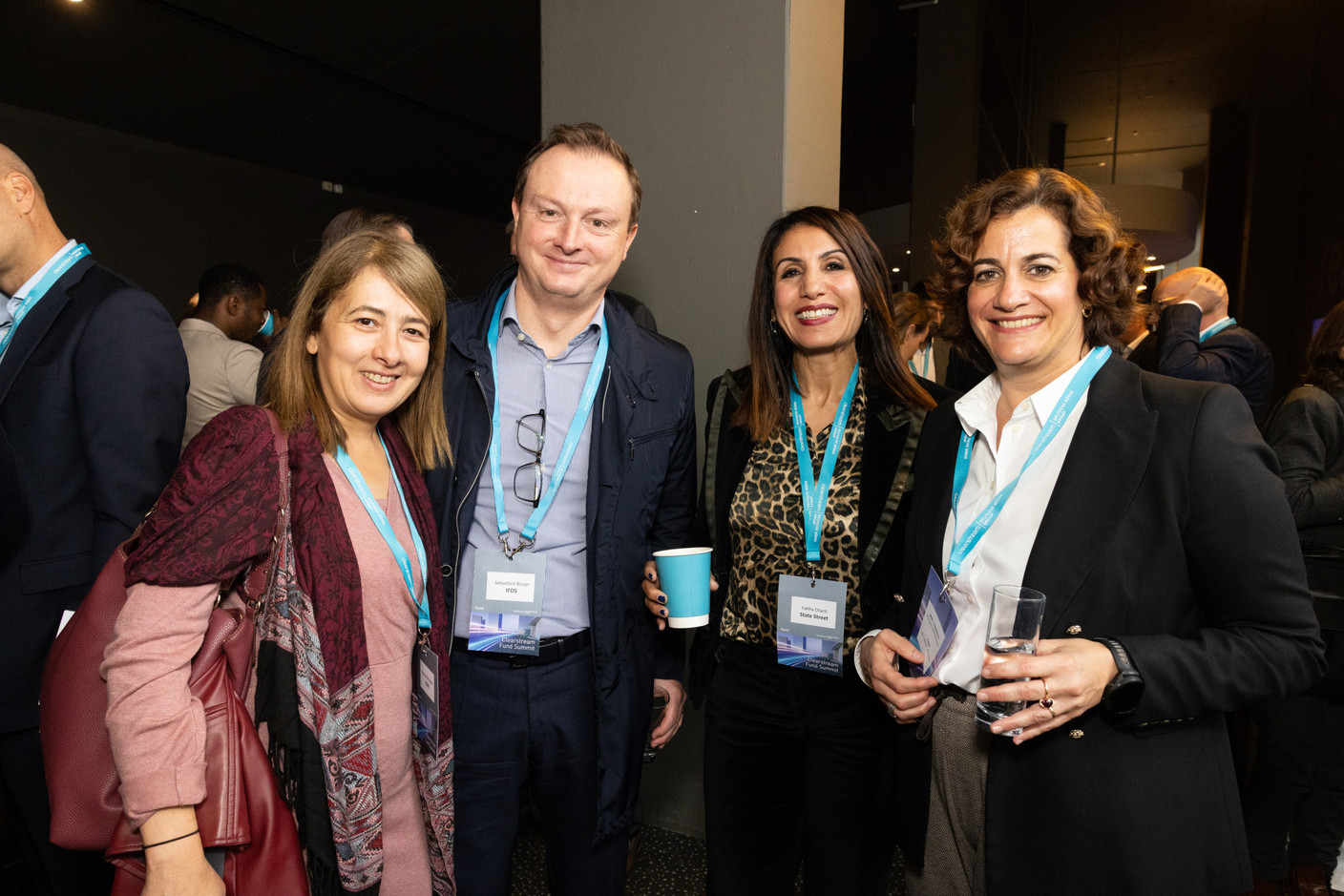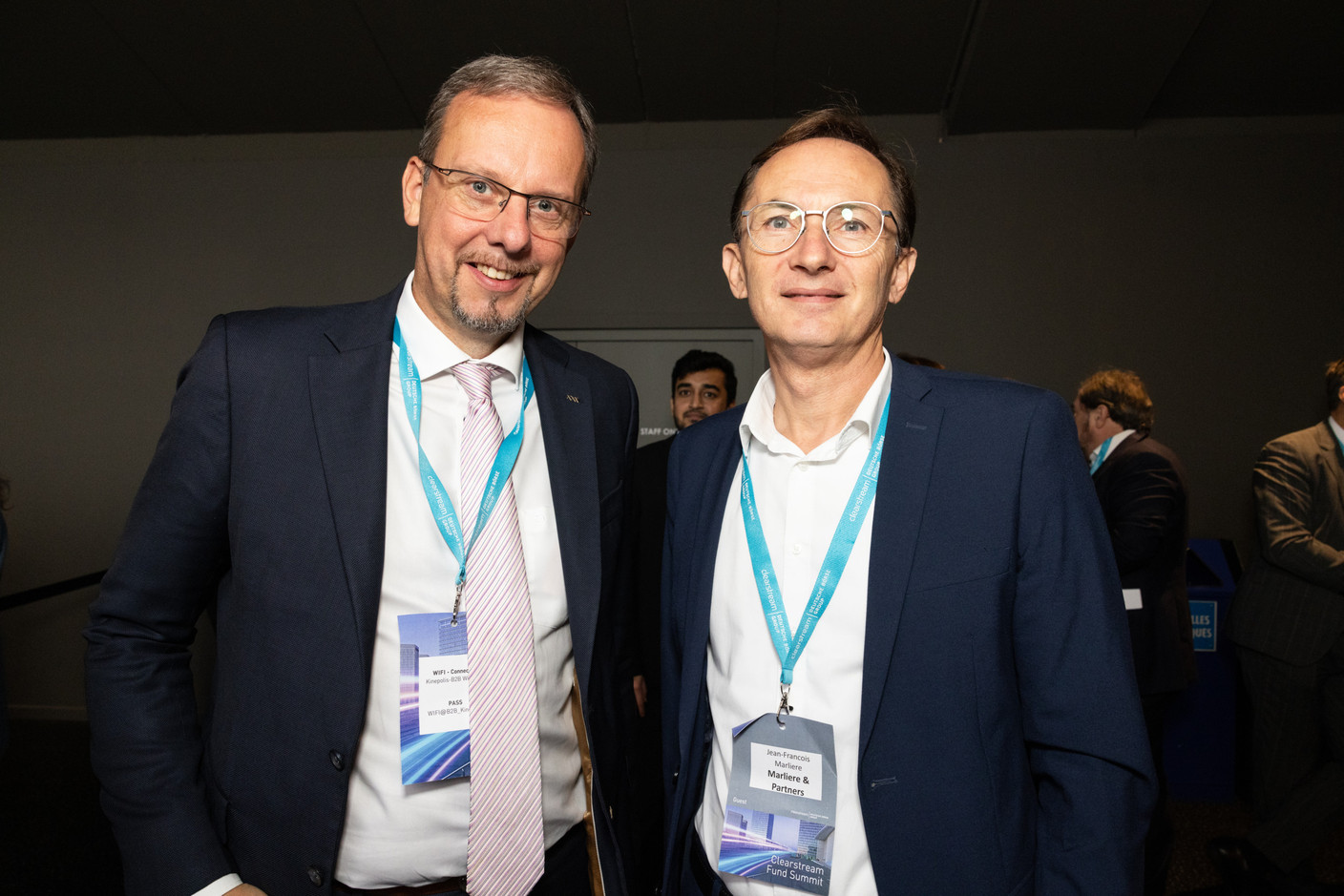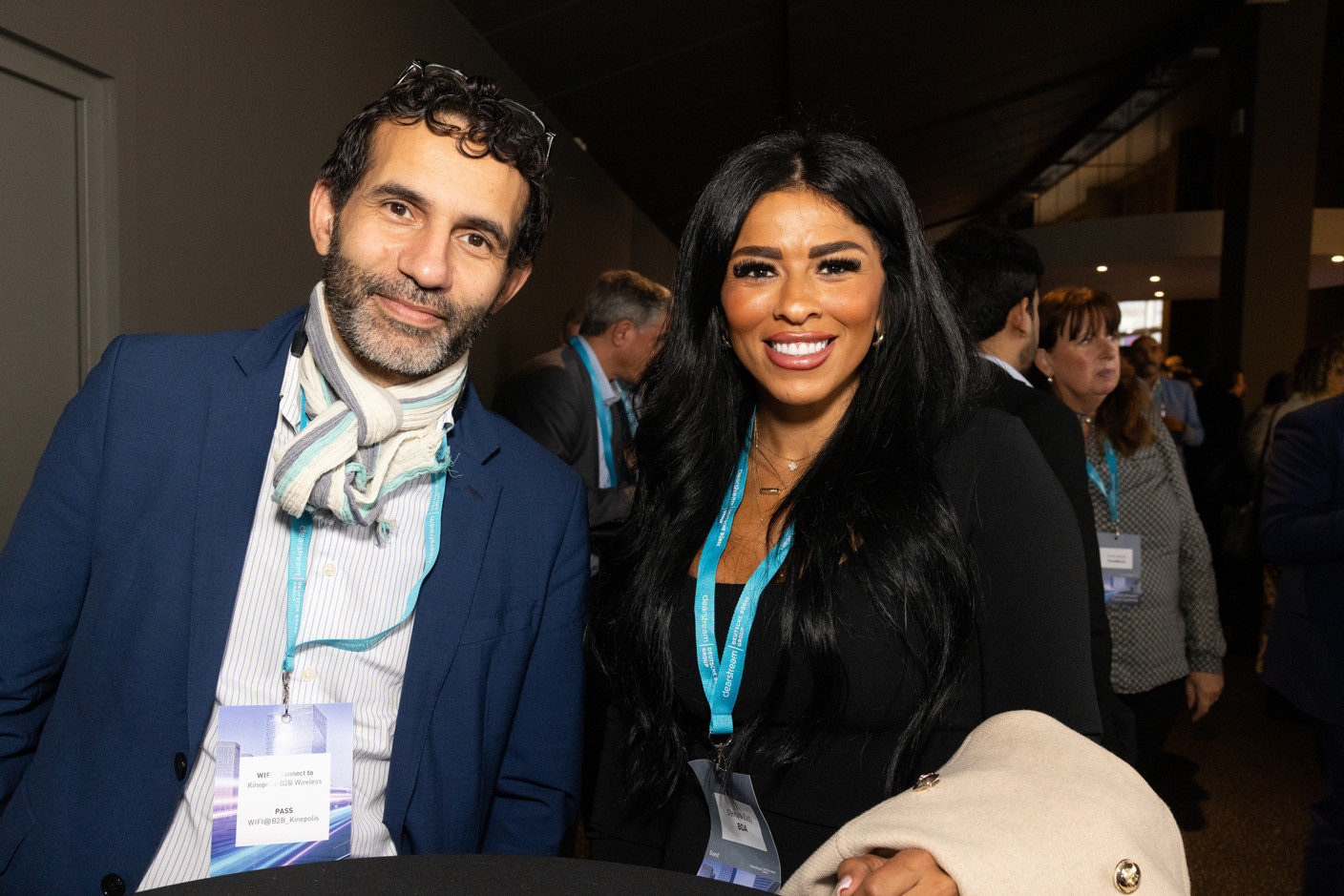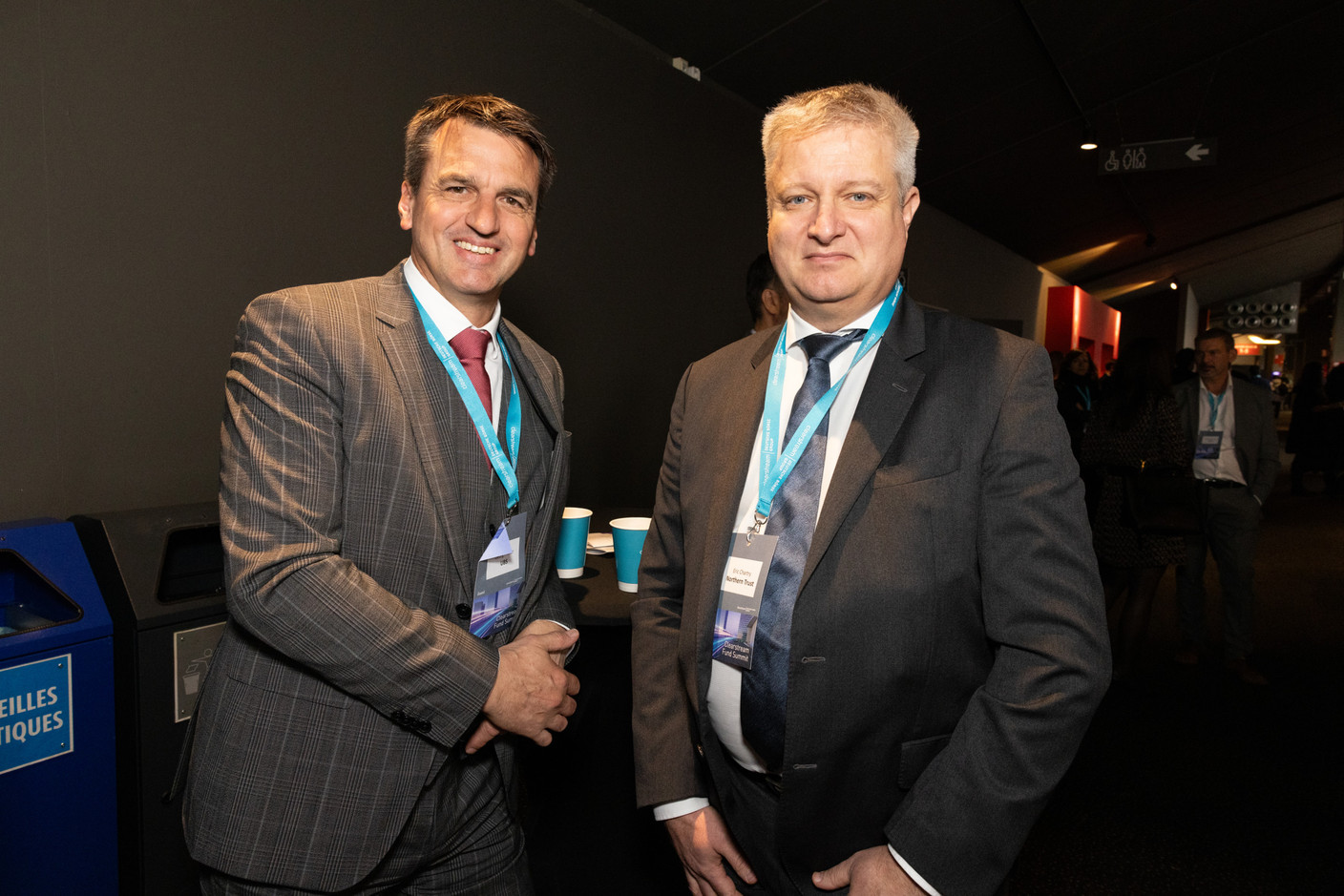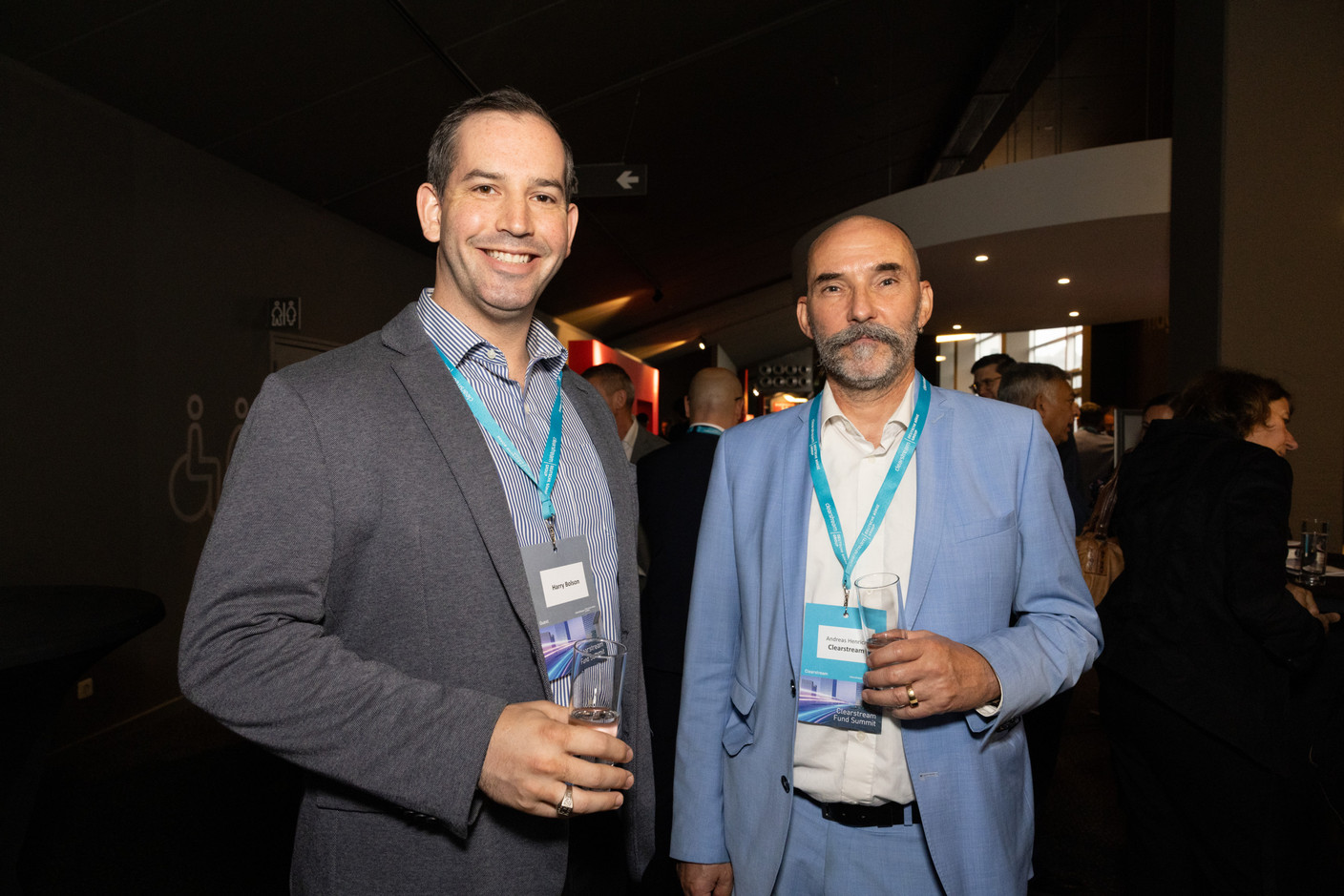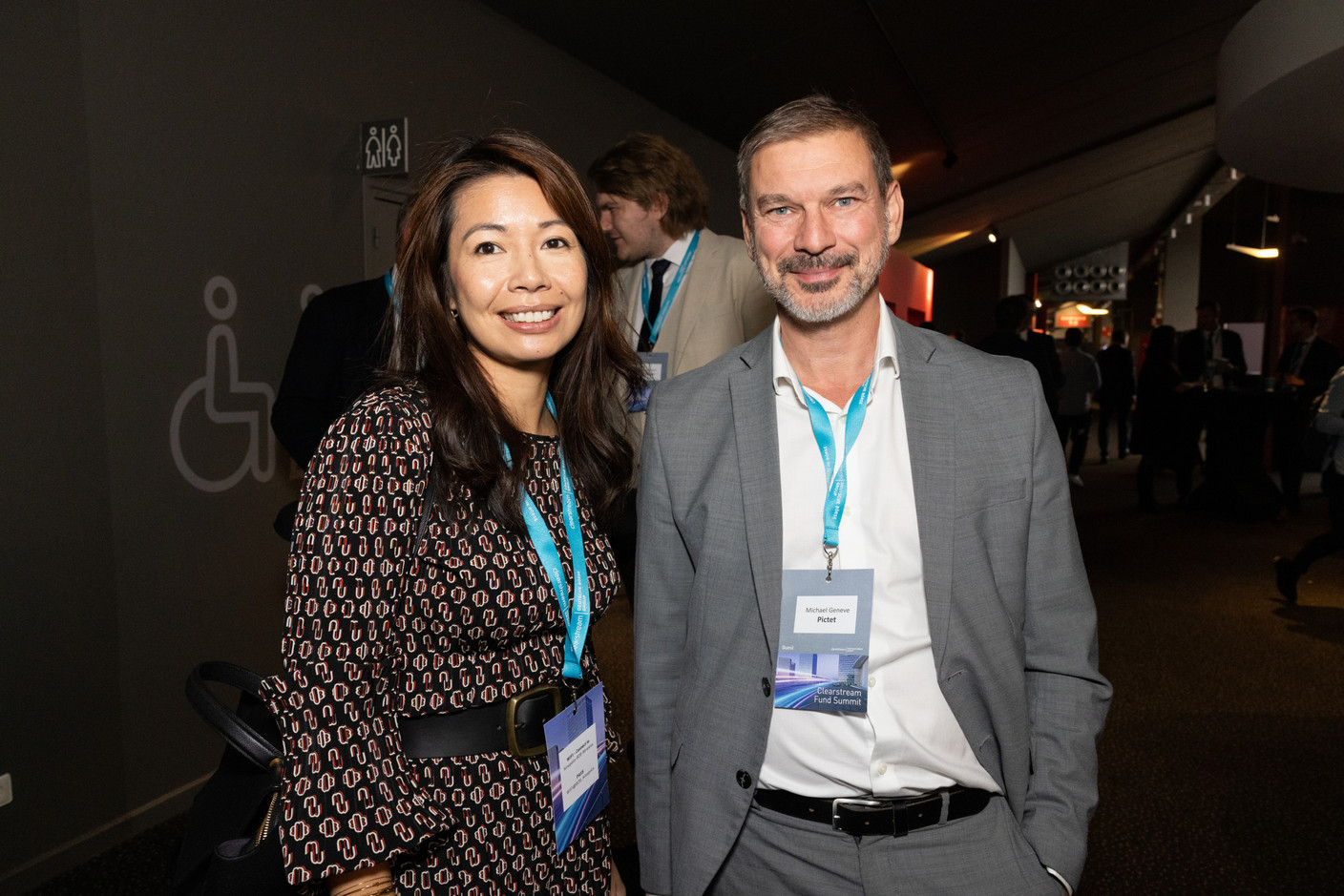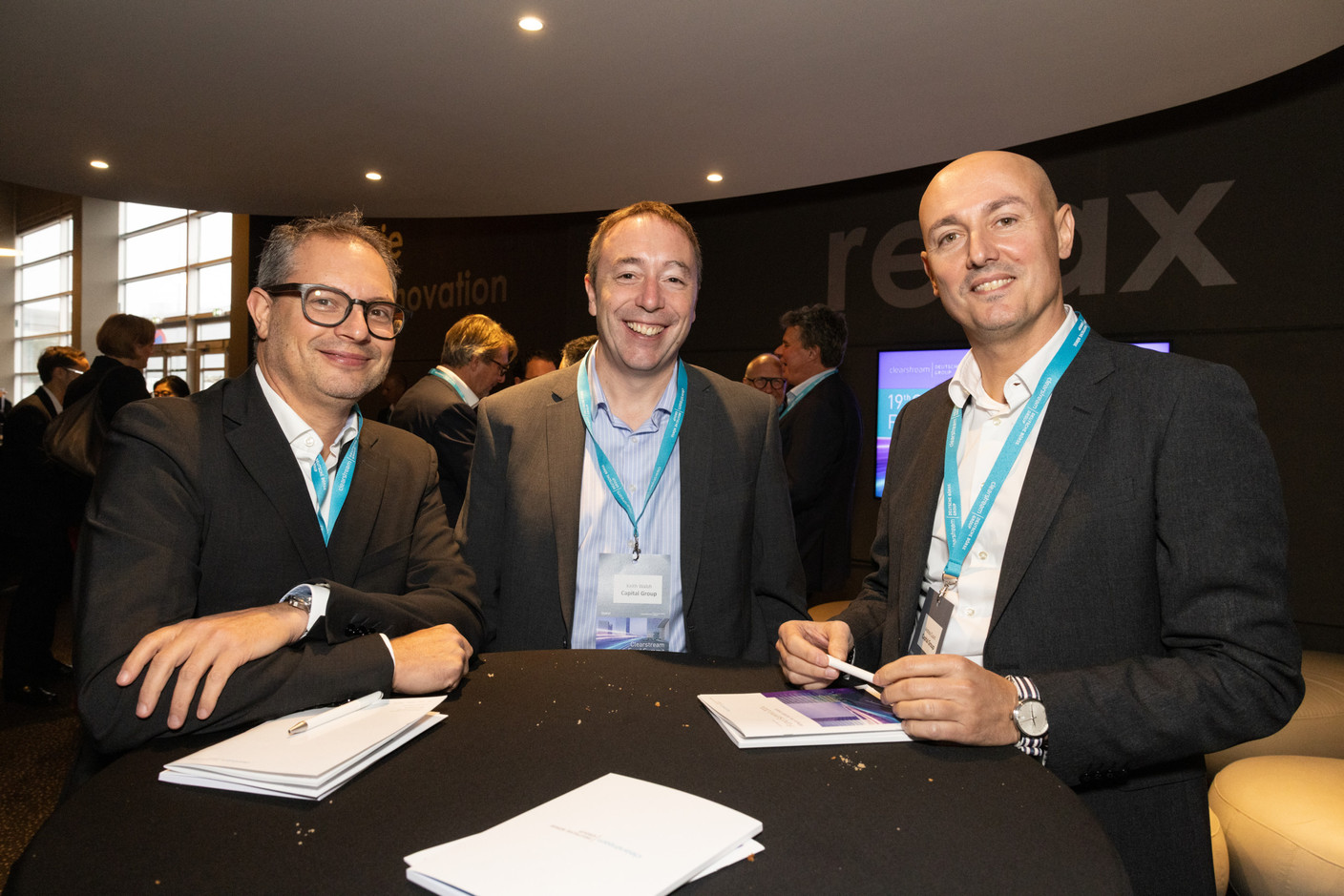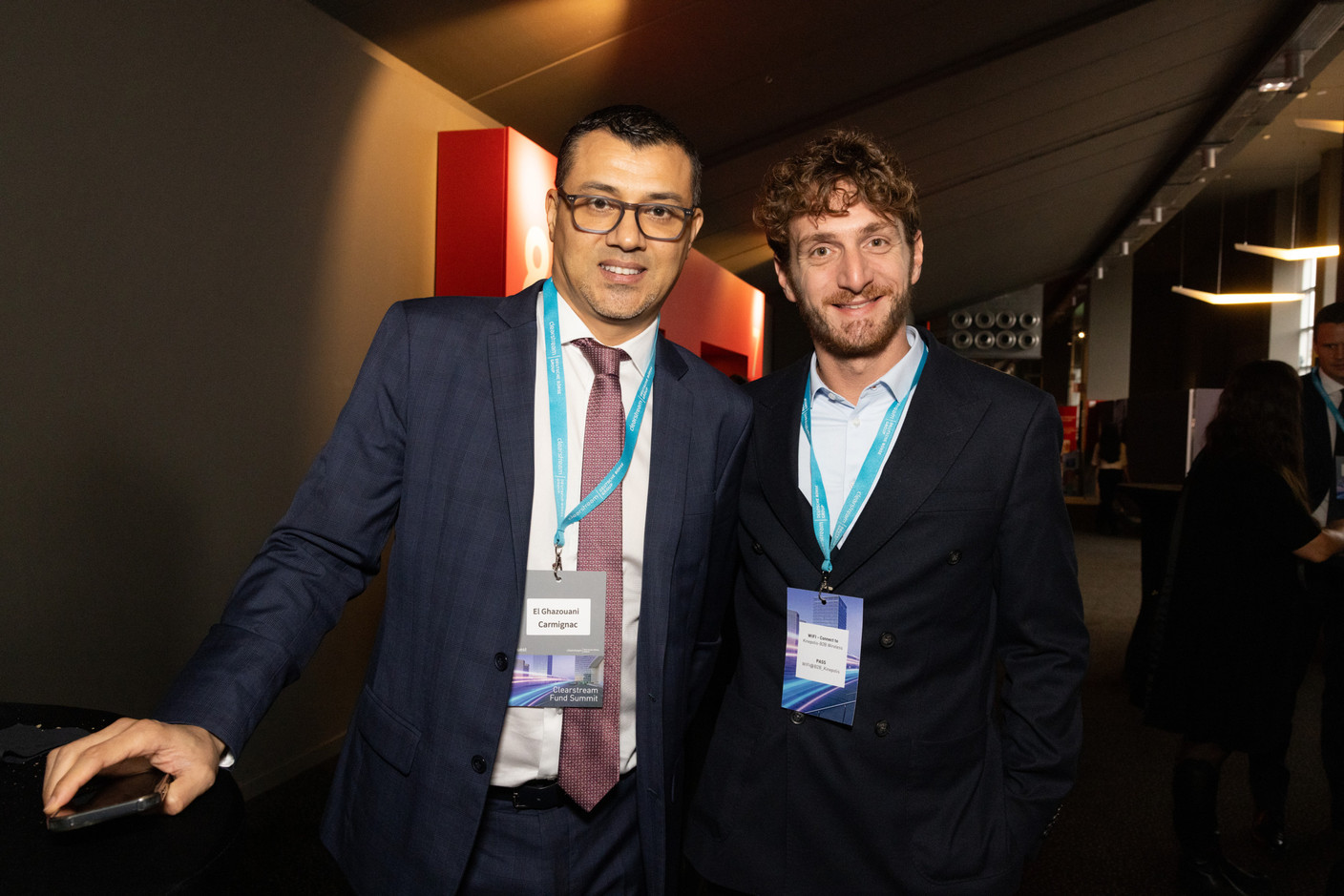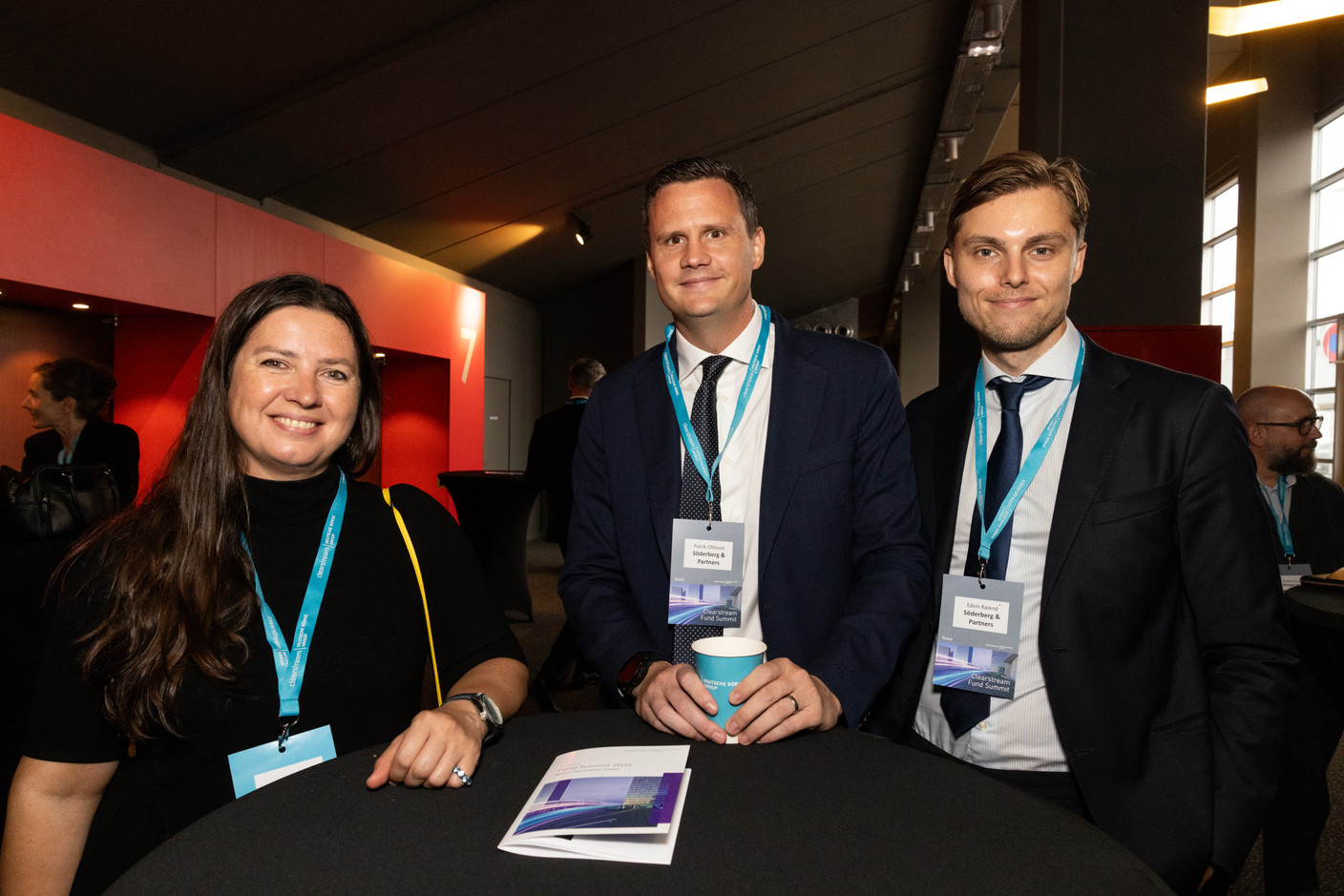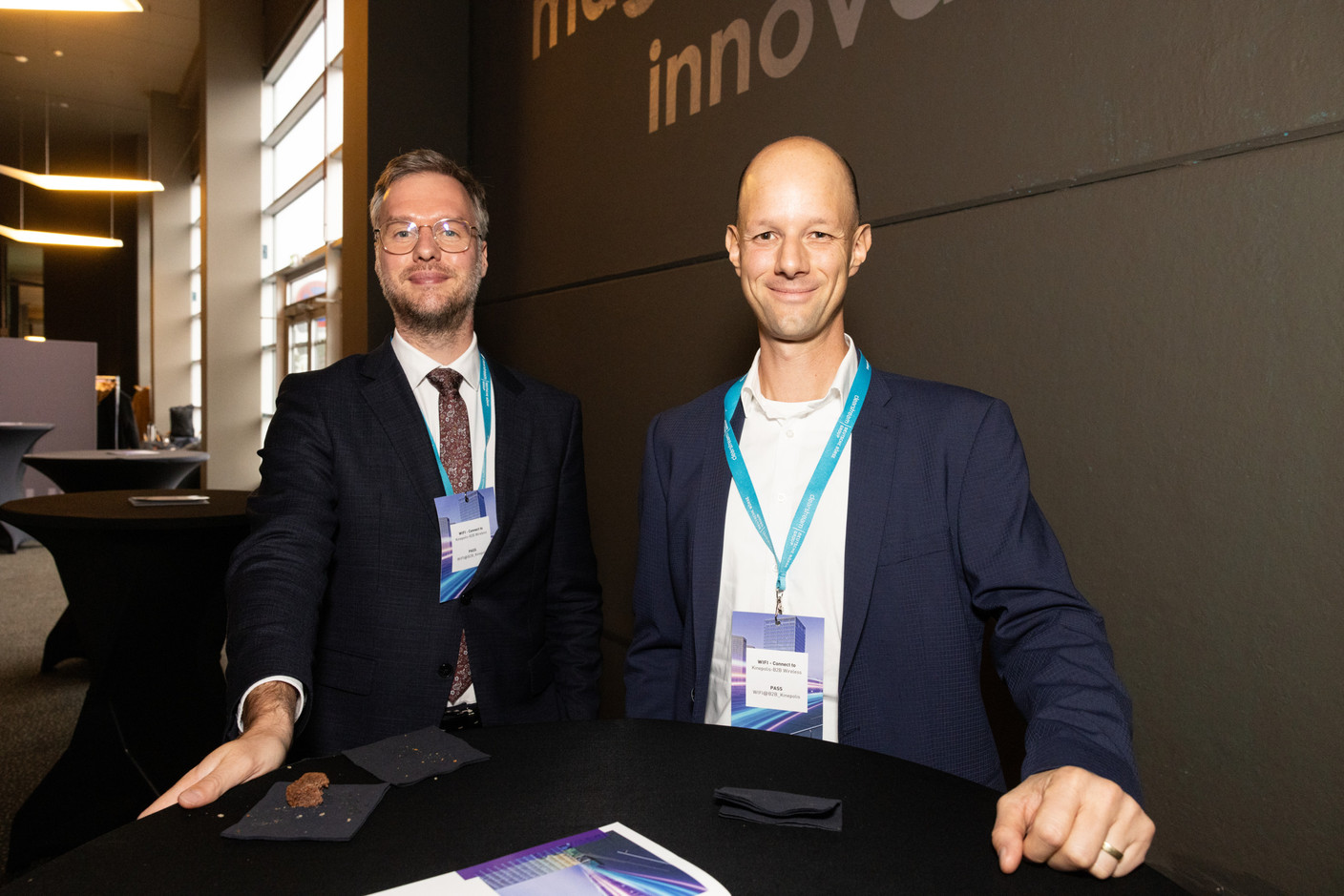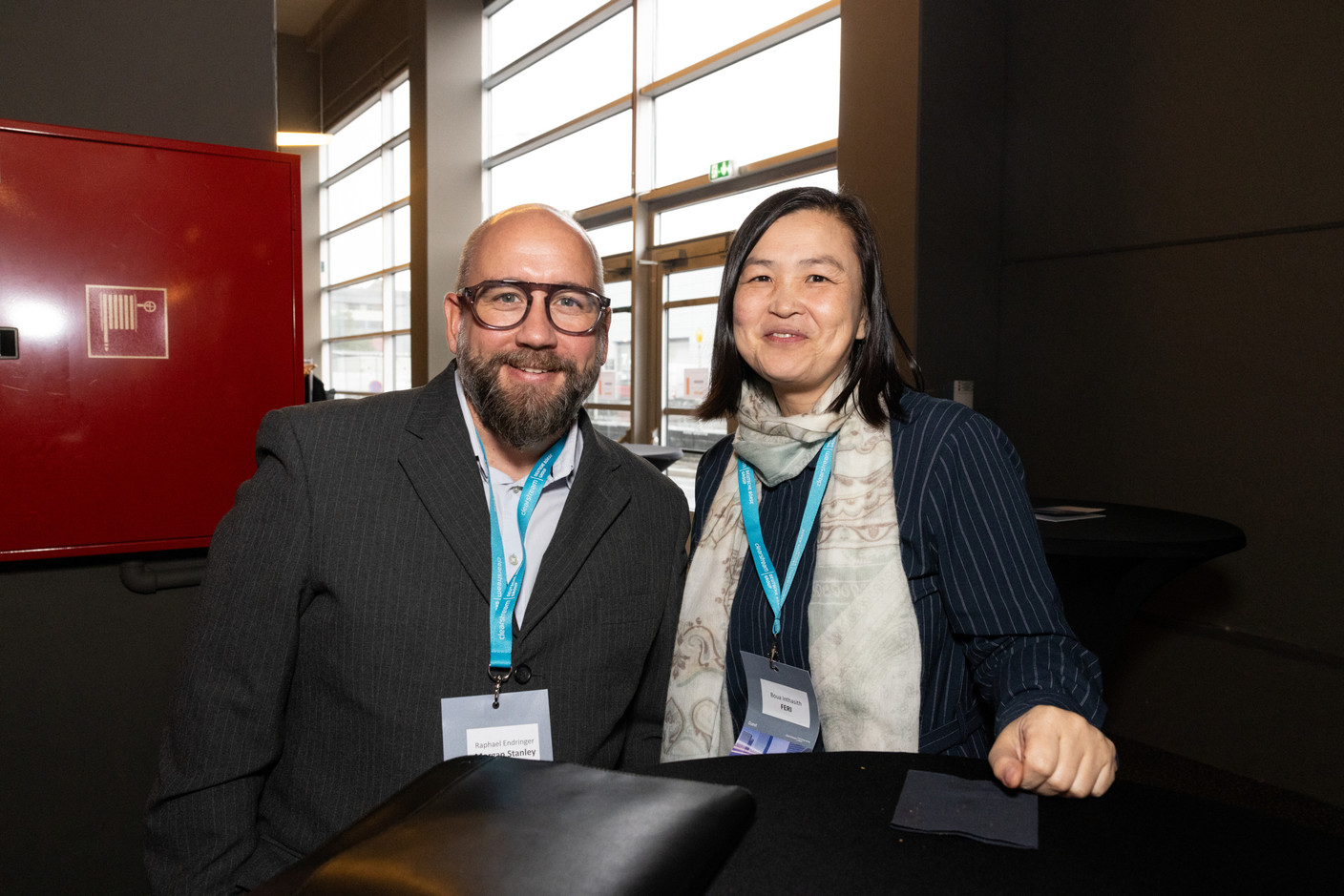Richard Garland, managing director at Ninety One started his career 40 years ago. In those days, “it was all about balanced funds… and then consultants decided that you had to go specialists, because that fuelled the whole industry,” he said. He is expecting disruption so large in the distribution in the asset management and wealth management that the landscape in three to five years will have dramatically changed.
Garland and Neil Wise, head of global sales & RM for Clearstream Fund Services, were speaking at the Clearstream Fund Summit on 10 October 2024.
Wise: Why is democratisation of private assets a bad idea?
“The whole beauty of alternatives is that they’re illiquid, and that’s why you get the premium. Once you start making them liquid, you don't get the alpha premium,” argued Garland. He explained that once problems hit the market, “the gates come down, and everybody will hate them… We’ve seen this movie before. Liquid is beautiful, baby.”
Despite being active in liquid assets, Garland stressed that his funds hold alternative assets such as African private credits. “But it’s locked up. We’re not trying to be all things to all people.”
“The truth is, it’s being sold to high-net-worth individuals at private banking… not my mom who is retail,” claimed Wise. Garland answered back: “that’s the case of a slippery slope.”
Wise: “Where is the market heading?”
Based in the US for 30 years, Garland, originally from the UK, thinks that the mutual fund business is experiencing a slow death on the back of a tax advantage for ETFs. He also talked about the rise of , tokenisation as a buzzword and personalised portfolios.
Garland suggested that the SMAs are an elegant solution to get exposure to a market based on a model portfolio--of say, 20-30 stocks--for about 30 bps against 85 bps in fees for a mutual fund. “It can happen outside the US, and I do not understand why that is not happening. That doesn’t require registration. It’s a portfolio.” He thinks that technology must embrace such a solution because “you get away from all the regulation and all the costs of having to set up funds in different jurisdictions.”
Wise: Is the mutual fund dead in Europe?
“No, because there’s no tax advantage [for ETFs], isn’t there,” answered Garland. Yet he believes that active ETFs will “take off quicker than people are realising in Europe.”
He added: “We don’t have ETFs. I don’t know why I’m extolling the virtues of ETFs, but it’s the transparency, liquidity, you can trade any time, and you know what you buy.”
Wise: “Where are the winers and the losers? “
The “winners are wealth managers, because that's where the margins still are,” stated Garland. Anecdotally, he mentioned that he pays his wealth manager, Merrill Lynch, 75bps to 80bps, while he noted that some others are charging 100bps. “Those margins are now under threat.” He sees some pressure with wealth managers charging now 30bps to 40 bps. “If they have scale, they are in a great position.”
On the asset management side, he thinks that the Blackrocks and Vanguards of this world “will continue to do well” because they are supermarkets, as “they have everything.” Then, you have the alternatives on the other end of the spectrum. “That’s where the revenue is going…. and there’s the middle, and that’s a tough place to be.” Indeed, Garland thinks it will be tough for boutique managers with less than $30bn to $40bn of assets under management.
Started in South Africa in 1991, Garland claimed that his firm, Ninety One, which has $160bn of assets under management, will do well in the middle ground because it has decided to specialise in emerging markets ($100bn in AUM).
Wise: “Do you see consolidation happening?”
“There are so many asset managers on the block.” Garland argued it does not make sense to acquire an asset manager suffering constant outflows. Rather, he anticipates that AM “will bring in expertise they don’t have,” as Ninety One has done when it hired a team of European private credit.
Trends in distribution
“Distributors [wealth managers, banks, etc] want to work with less managers.” Garland is concerned whether AM firms not offering everything will be chosen by the large distributors. Yet they may find some soft spots: “you don’t want to be a one fund jockey. [With] any distributor, you’ve got to have three to six funds on their recommended list or approved list.” He is puzzled to see, sometimes, the same funds on the distributors’ lists. “Where’s the choice for the end client?” asked Garland.
Wise: Fees in active management. Is it worth it?
Garland noted a trend in Dublin to set up funds with multi managers or “a multi-manager, sub advisory structure.” When tendering for an active European equity mandate, Ninety One was told: “unless the number began with two or ideally one, we wouldn’t win it.” As an AM, you could do well, but the question then become whether you are giving the client “great active management.”
Garland would love to see consultancies to review and provide transparency on the performance of wealth managers just as much as the asset management industry is subjected to.
